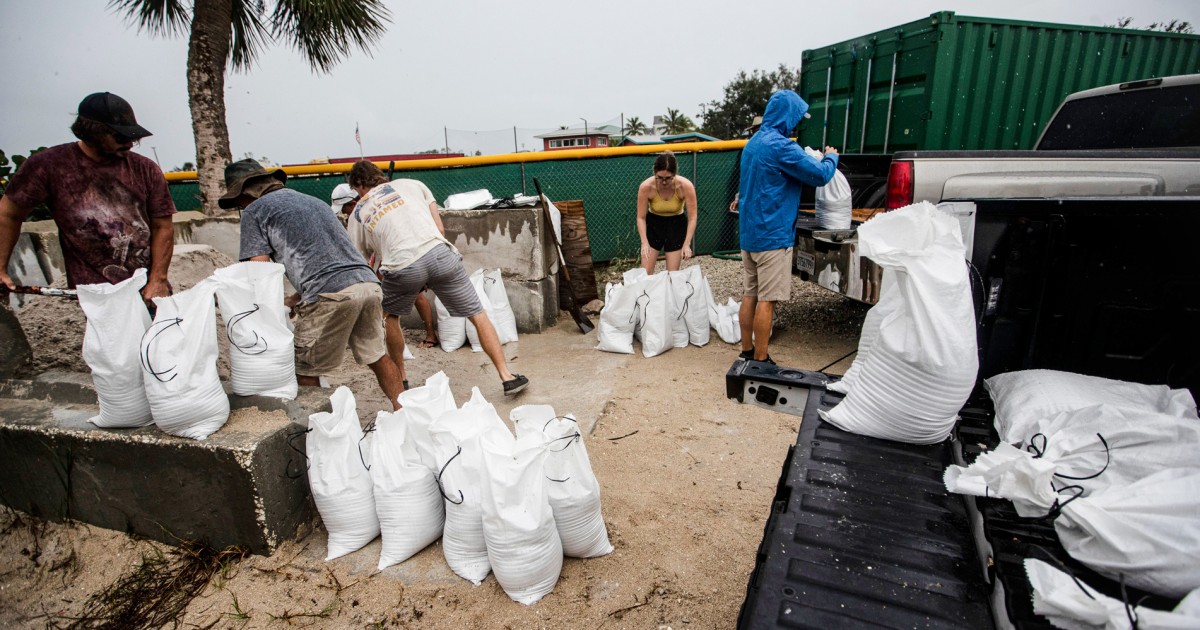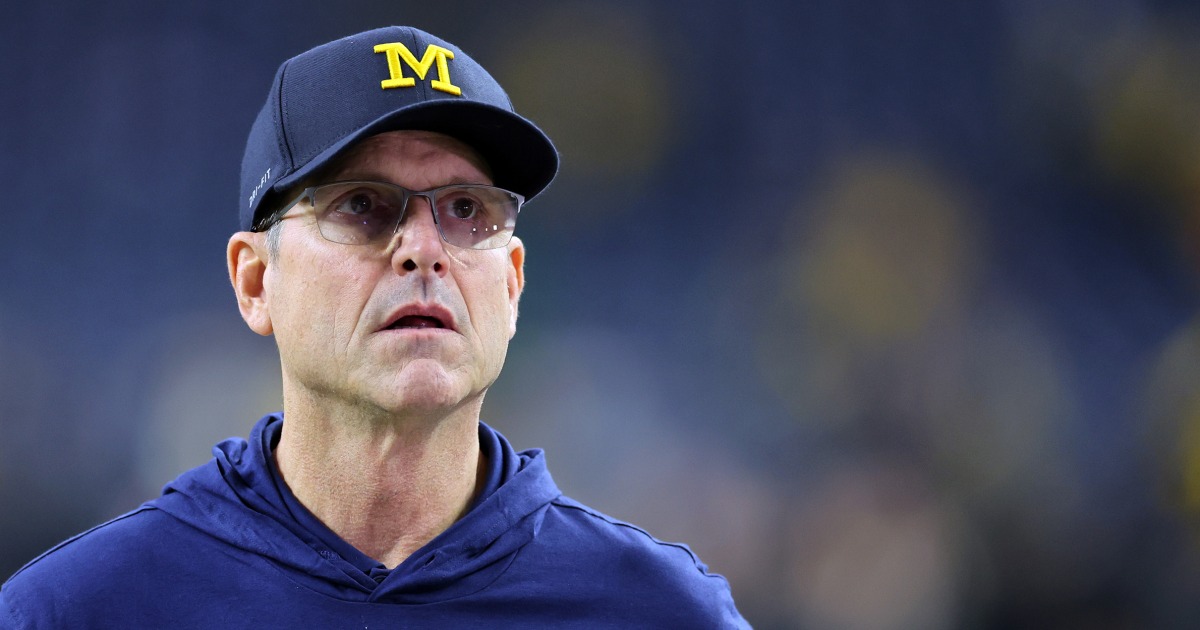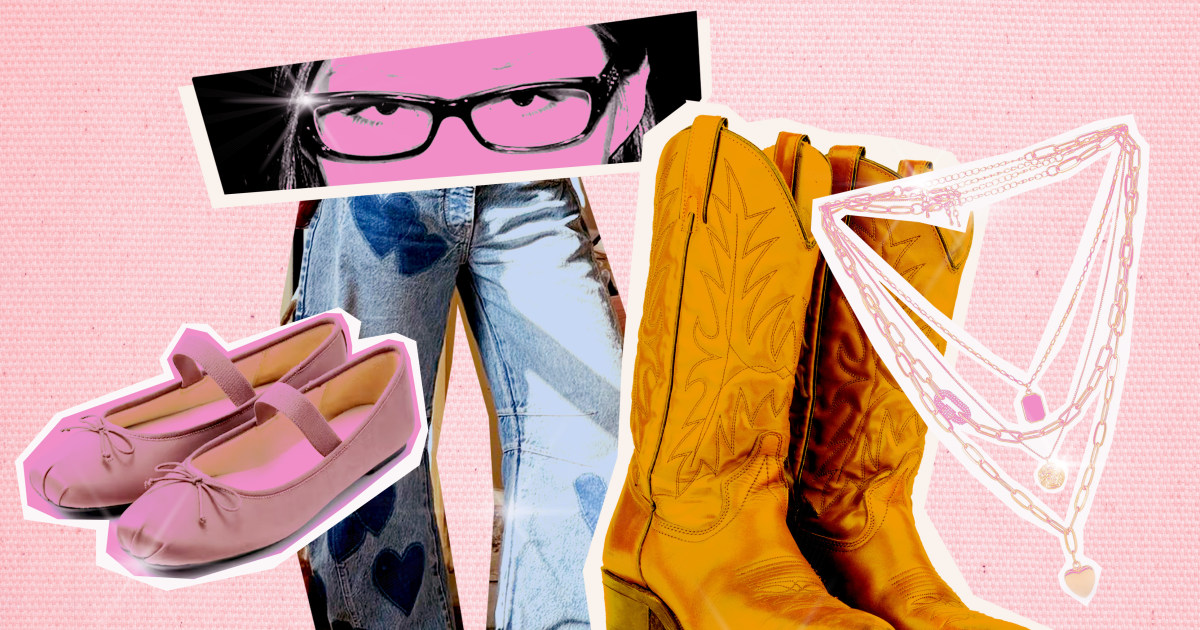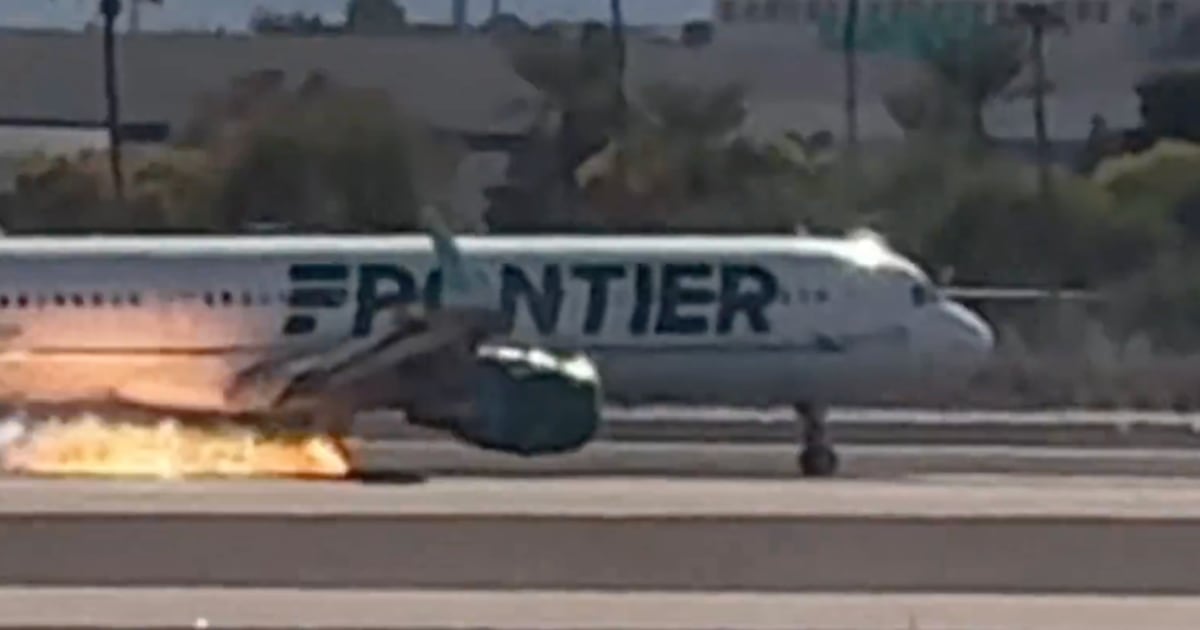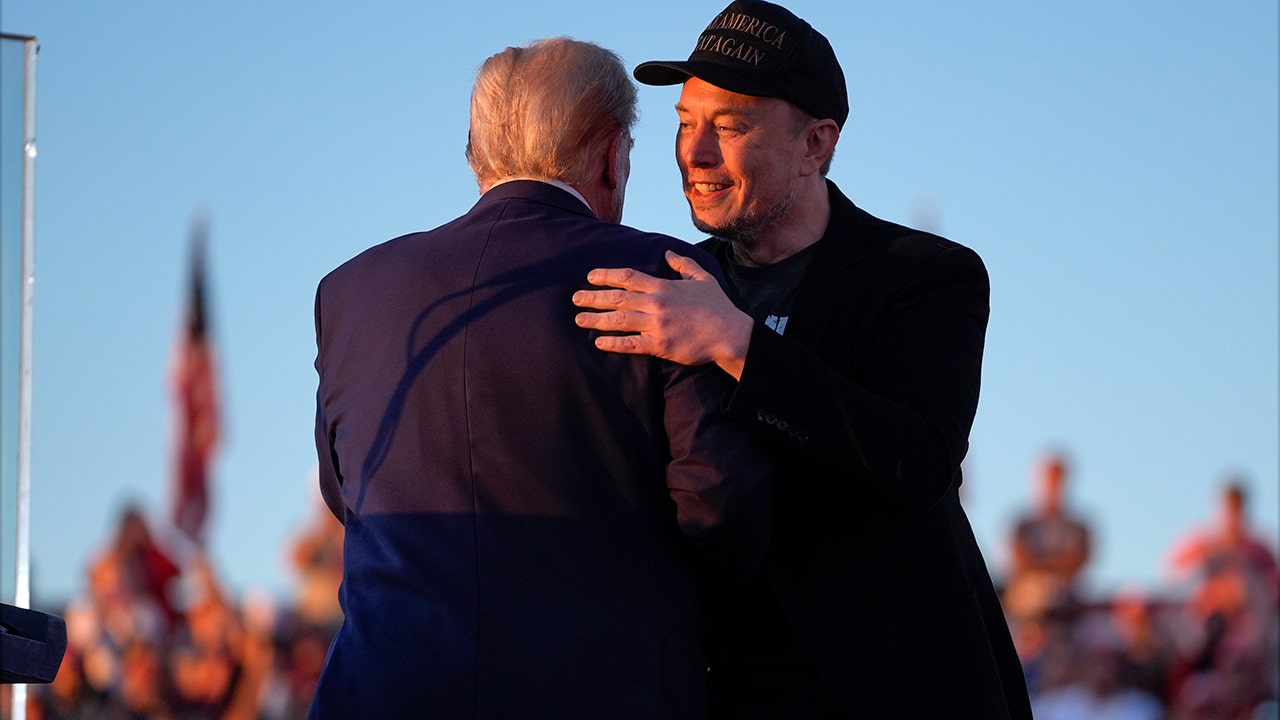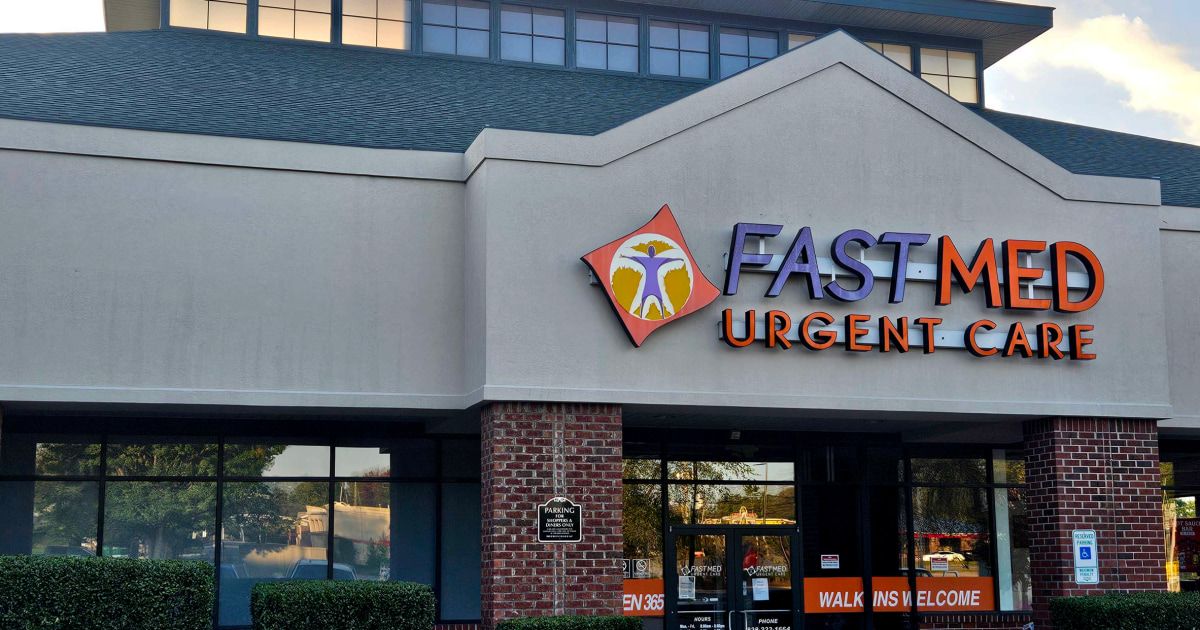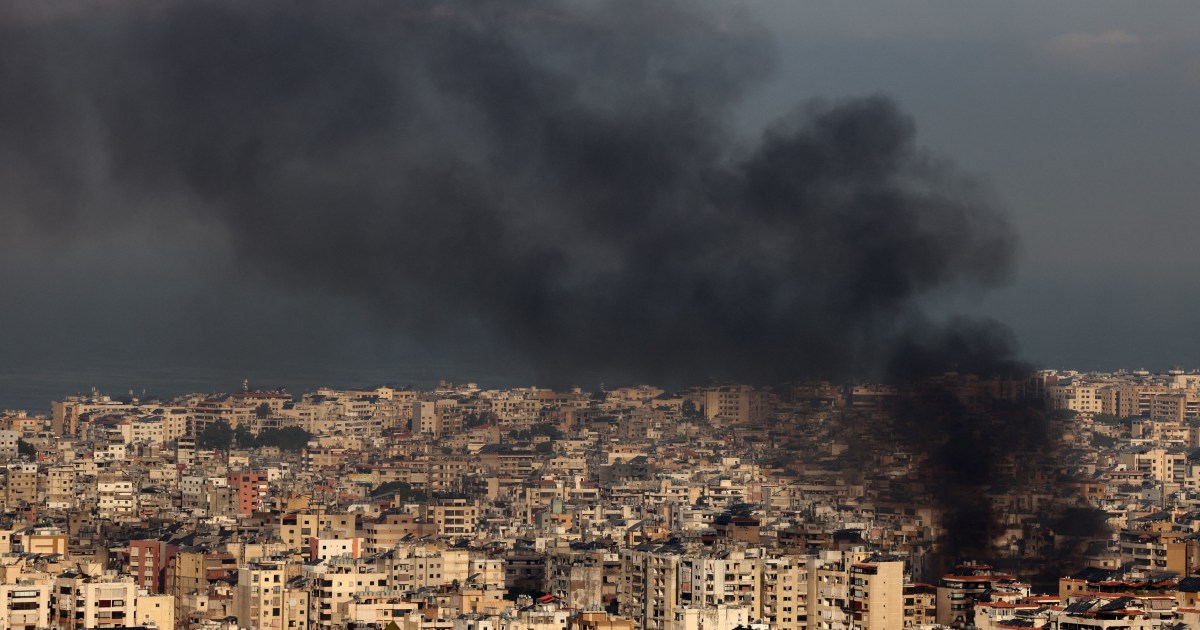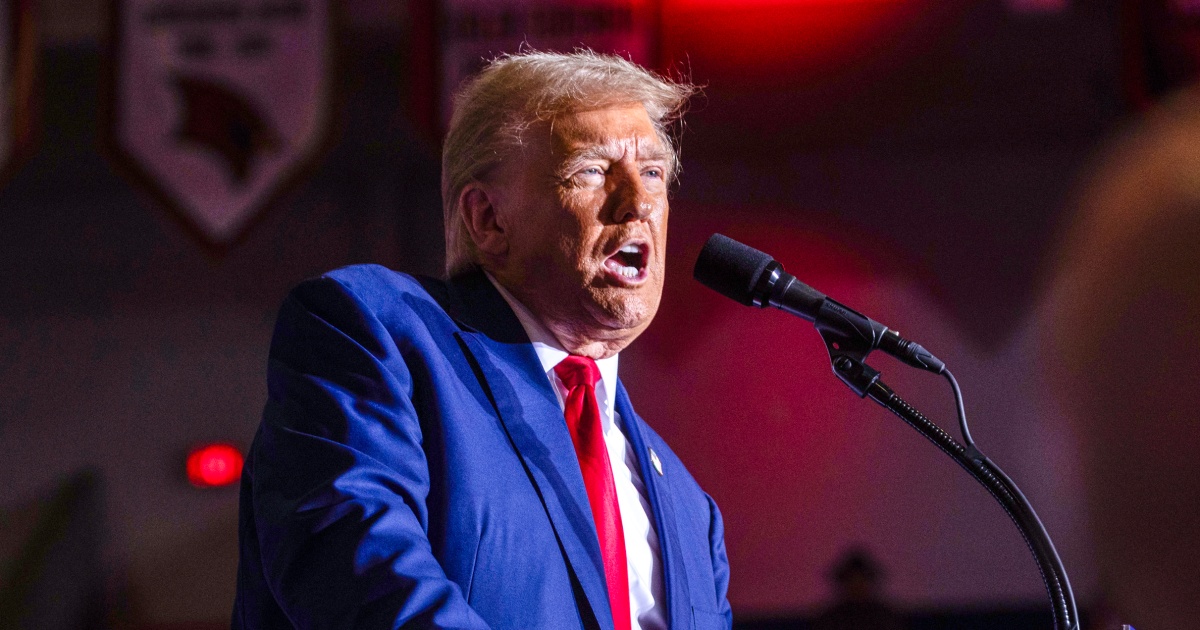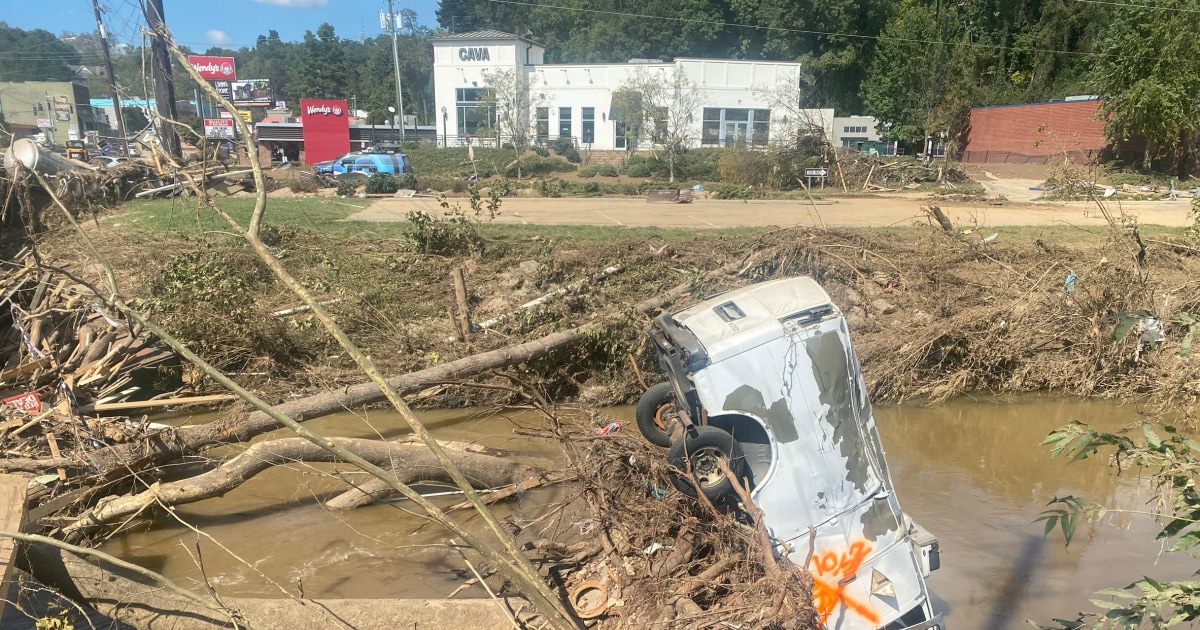The NCAA hit former University of Michigan football coach Jim Harbaugh with sanctions Wednesday — for recruiting violations and his dishonesty in an investigation into the violations, it said — which could keep him from coaching on the collegiate sidelines for four years.
Harbaugh, now the head coach of the NFL’s Los Angeles Chargers, “engaged in unethical conduct, failed to promote an atmosphere of compliance and violated head coach responsibility obligations” when he committed recruiting violations during the Covid-19 dead period and his subsequent lack of transparency into the investigation of the violations, the NCAA said Wednesday in a statement.
Harbaugh’s violations included impermissible in-person contacts with student-athletes during the Covid-19 recruiting dead period, according to a NCAA infractions report, which was also released Wednesday.
During the investigation, Harbaugh denied involvement in the violations, “which were overwhelmingly supported by the record,” the NCAA said. He also refused to participate in a hearing, according to the NCAA.
In February 2021, Harbaugh had breakfast with a prospect and the prospect’s father at a diner and later provided the prospect with access to Michigan’s football facility, the report said. One month later, Harbaugh met with another prospect and the prospect’s father at the same diner, the report said.
Harbaugh initially told Michigan and the enforcement staff that he “had no recollection” of meeting either prospect or their fathers. In a later interview, Harbaugh “unequivocally” denied that either meeting happened, the report said.
Harbaugh is sanctioned with a four-year “show-cause order,” the NCAA said.
“During the show-cause order, Harbaugh would be barred from all athletically related activities, including team travel, practice, video study, recruiting and team meetings, at any NCAA school that employed him,” the NCAA said. “Additionally, if hired during the show-cause order, Harbaugh would be suspended for 100 percent of the first season of employment. The results of those contests during Harbaugh’s suspension would not count toward his career coaching record.”
A show-cause penalty is how the NCAA ensures punishment is transferred to any other college that hires the sanctioned individual while the sanctions are in effect. The show-cause order begins Wednesday and ends on Aug. 6, 2028, the NCAA said.
The NCAA said Harbaugh’s recruiting violations were a level II violation, but his “unethical conduct and failure to cooperate with the membership’s infractions process” amounted to a level I violation, incurring more serious penalties.
Now that Harbaugh is coaching in the NFL, the sanctions are largely moot. He will only face the NCAA’s punishment if he makes an unexpected return to college football within the next four years.
Harbaugh’s attorney Tom Mars mocked the sanctions on the social media platform X on Wednesday.
“The way I see it, from Coach Harbaugh’s perspective, today’s … decision is like being in college and getting a letter from your high school saying you’ve been suspended because you didn’t sign the yearbook.”
Mars continued: “If I were in Coach Harbaugh’s shoes and had an $80 million contract as head coach of the Chargers, I wouldn’t pay any attention to the findings of a kangaroo court which claims to represent the principles of the nation’s most flagrant, repeat violator of the federal antitrust laws.”
Last year, the Big Ten suspended Harbaugh for the last three games of the regular season, only weeks after the NCAA announced an investigation into Harbaugh and the team over alleged sign stealing, which is unrelated to the recruiting violations.
In January, Harbaugh’s Wolverines capped their undefeated season with a 34-13 win over the Washington Huskies, winning Michigan’s first national title in the playoff era.
In April, the NCAA in a separate but related case, announced it reached an agreement on recruiting violations and coaching activities with the university and five people who work or worked for the football program. The case stemmed from having impermissible contacts with student-athletes during the Covid-19 pandemic.
Read the full article here



